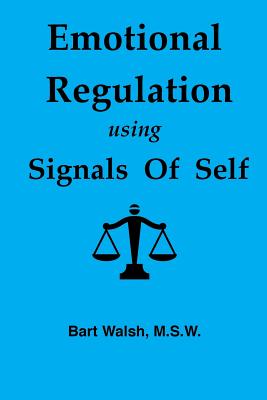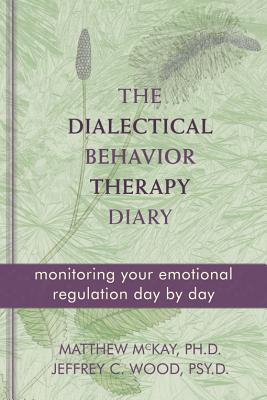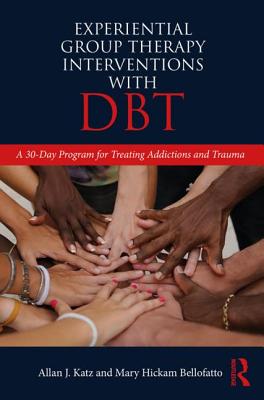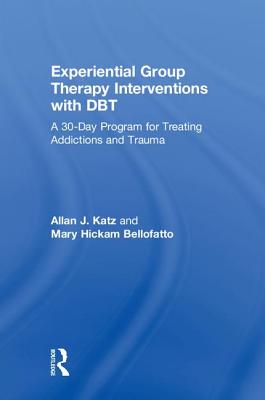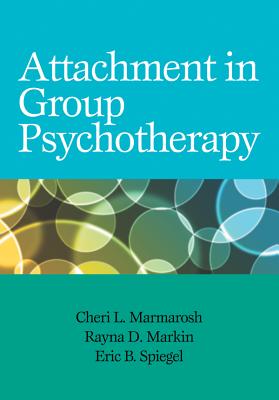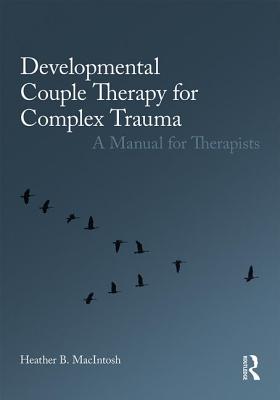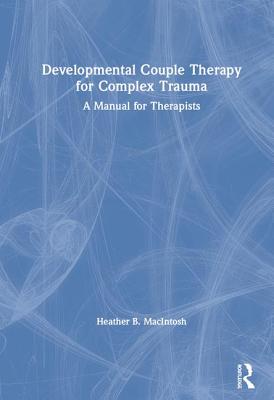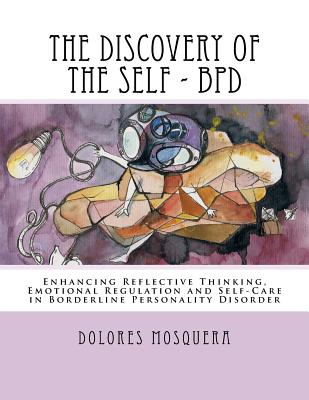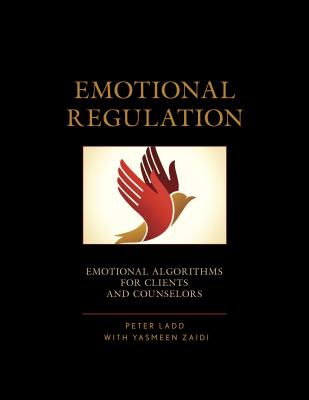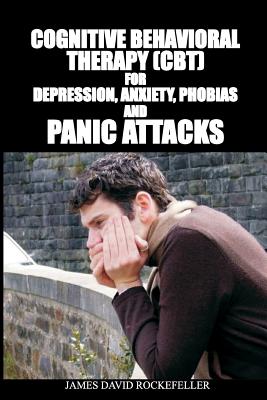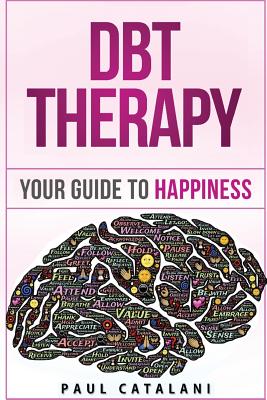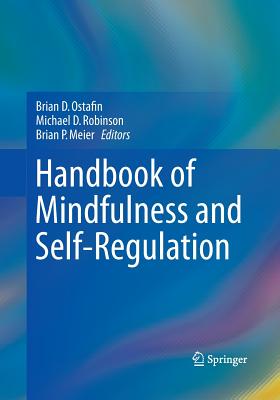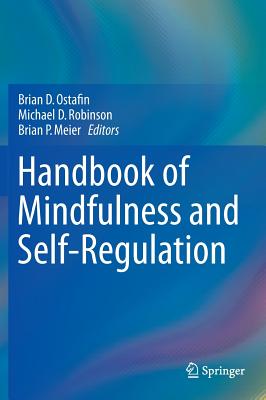| Description Experts Expert Contributions Featured Books for Sale |
Videos Articles Research Organizations |
In the News Additional Resources Coming Later Contributors |
Description
Emotional or affect regulation and modulation is believed to be the most important self-regulatory skill for CPTSD clients. Van der Kolk (1996), a leading trauma researcher, describes how trauma impacts “the regulation of affective states such as anger, anxiety and sexuality”, and how affect dysregulation can lead to “pathological attempts at self-regulation such as self-mutilation, eating disorders and substance abuse” (pp. 184-185).
CPTSD clients who struggle with affect regulation often believe that they cannot control their emotions. They say things like “It just happens” or “I can’t control it; it just builds up and I explode”. This is the felt experience but it also represents a mask of helplessness and internal victimhood. Traumatized clients have lost the ability to use “their feelings as guides for assessing available information and taking appropriate action; instead … they often go immediately from stimulus to response”. Although affect regulation is more difficult for some clients, it is possible, especially with the Core qualities of determination, commitment, fortitude, persistence and the courage to change.
Source: http://www.coretransformationcounseling.com/Complex_PTSD.html

Experts

Featured Books:


Videos:


Articles:

Research:

Organizations:

In the News:

Additional Resources:
Contributors:Professionals:
Compiled By:
|
![]() Expert
Expert
![]() Professional
Professional
![]() Outreach Leader
Outreach Leader
![]() Moderator
Moderator
![]() Contributor
Contributor


